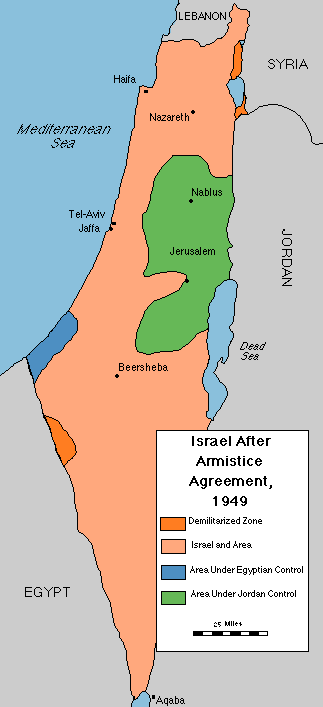War with Iran was not Inevitable
/In 2003, eight years prior to making Aliyah from the US, I joined a legal group touring Israel. Upon stopping at Har Ben Tal, near the Syrian border, a former Israeli general declared Israel would never allow Iran to build a nuclear weapon. According to most Western intelligence sources, Iran had an active nuclear weapons program through 2003 but apparently halted most of its enrichment program after the US invaded Iraq.
Throughout the years Israel and Iran vied for advantage in the region as Iran supplied weaponry to proxy terrorist organizations in Lebanon, Gaza, Syria, Iraq and Yemen. In response, Israel destroyed sites in Syria where Iran sought to build a nuclear reactor, assassinated Iranian nuclear scientists, destroyed Iranian nuclear facilities through embedded software codes and fought short wars with Hezbollah and Hamas.
In 2015 then US President Obama, in conjunction with other Western leaders, announced the implementation of the Joint Comprehensive Plan of Action (JCPOA). “Under its terms, Iran agreed to dismantle much of its nuclear program and open its facilities to more extensive international inspections in exchange for billions of dollars’ worth of sanctions relief.” [i]
While most intelligence and military experts in Israel and in the US felt the agreement didn’t go far in enough in restraining other Iranian militarist actions, they still supported the agreement. In contrast, then Prime Minister Bibi Netanyahu adamantly opposed it. Netanyahu then took the extreme measure of accepting an invitation by the then Republican Speaker of the House to address Congress about the agreement. In an extraordinary speech Netanyahu attacked the agreement and President Obama. I watched the speech and was appalled.
Prior to the speech, US support for Israel was overwhelmingly bipartisan. All previous Israeli Prime Ministers sought to maintain bipartisan support even when they disagreed with US administration positions. Having worked in Congress for several years and being involved politically for most of my life, I knew this was a mistake of gargantuan proportions. Honestly, I had never seen a foreign leader of a US ally make such a disastrous decision.
The inevitable result was a lessening of support for Israel by the Democratic Party. Despite Netanyahu’s efforts, the JCPOA was implemented. Iran generally complied and began to dismantle its nuclear program. Inspections by the international community into Iran’s program were intrusive. But things changed with Donald Trump’s election to the Presidency in 2016. He attacked the deal, increased sanctions against Iran in violation of the agreement and eventually withdrew the US from the agreement.
Since that time Iran resumed uranium enrichment, built new long range and sophisticated missiles and is on the threshold of manufacturing several nuclear weapons. The Biden administration tried to restart talks with Iran to no avail. The Iranian position was why trust the US when they broke the earlier deal. Following Trump’s reelection to the Presidency, as Iran came closer to nuclear capability, and with Israel threatening to attack, Trump saw the light, so to speak, and tried to quickly negotiate a deal with Iran, similar to the one he unilaterally breached seven years before. Up to this point that has failed, and now Israel has attacked Iranian nuclear and other facilities. In light of Iran’s push to nuclear capability and its existential threat to Israel, in my view, Israel is justified in taking action.
But it was not inevitable. The shortsightedness of Israel’s and the US’s political leadership are mainly responsible. Who knows where we go from here. This has the potential of launching a major regional and even world war. In the meantime, let’s trust “indeed, he who watches over Israel will neither slumber nor sleep.”[ii]
[i] Robinson, Kali, “What Is the Iran Nuclear Deal?”, Council on Foreign Relations, October 27, 2023.
[ii] Psalm 121:4





